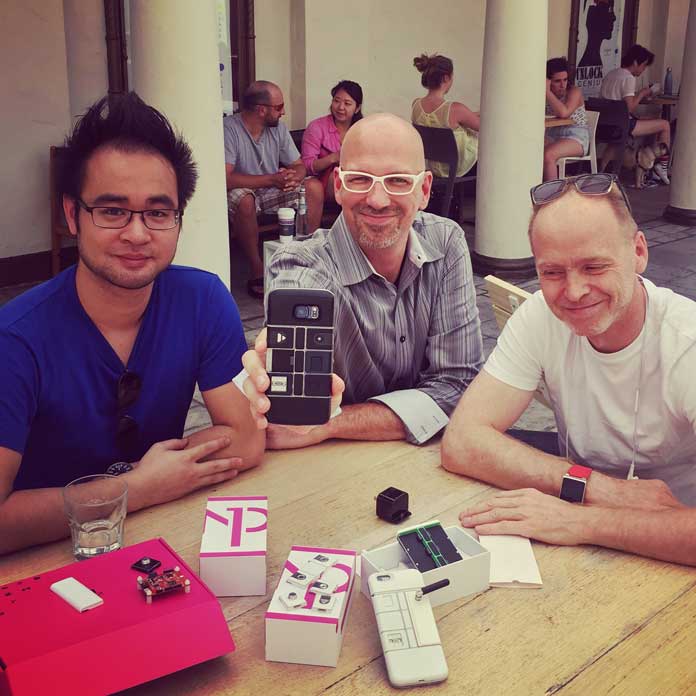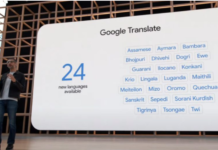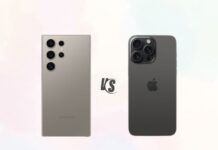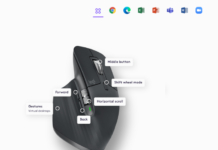Google’s Project Ara Modular Smartphone reportedly cancelled
Google has confirmed that it has abandoned Project Ara, the company’s ambitious program to develop modular smartphones with interchangeable components like cameras, batteries, and speakers.
Project Ara was first announced by Motorola nearly three years ago. It was initially developed by the company’s Advanced Technology and Projects group, which Google held onto after selling Motorola Mobility to Lenovo.
Google Project Ara modular smartphone prototype was presented at Google I/O in June 2014, but the phone got stuck while booting and failed to start. In January 2015, Google unveiled a second prototype called Spiral 2. The company was going to sell the modular phone in Puerto Rico with Latin American carriers for test marketing purposes, but Google announced the Ara pilot got delayed indefinitely in August 2015.
The cancellation is a somewhat surprising reversal, given that it was announced just three months ago that Ara developer kits would ship in late 2016, and a commercial product would arrive in 2017.
However, the tech giant could still bring Project Ara to the market through licensing agreements with partners.
Google Project Ara’s cancellation highlights questions about the future of Google’s Advanced Technology and Projects group, which was developing the phone. Regina Dugan, who created ATAP at Motorola before it was folded into Google, left for Facebook just a few weeks before the May announcement of Ara’s now-scuttled rollout.

Here’s to hoping that Project Ara lives on, but it probably won’t be from Google. In fact, the founder of Project Ara, Dan Makoski, is working at a company called Nexpaq which is looking to help current devices gain modular capabilities. Nexpaq is currently developing a modular phone case, although it’s not known which devices will be compatible and when it will come to market.















































